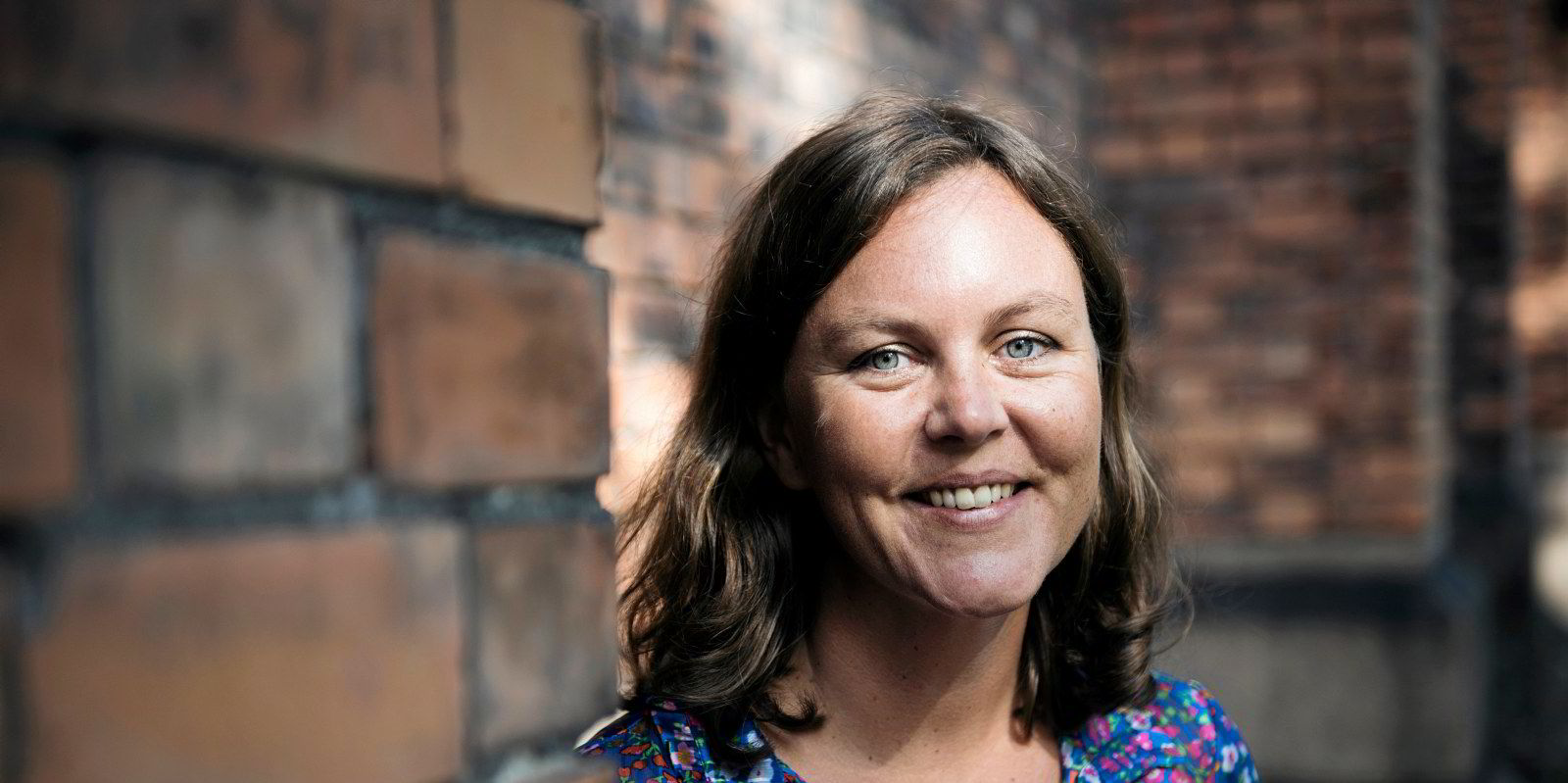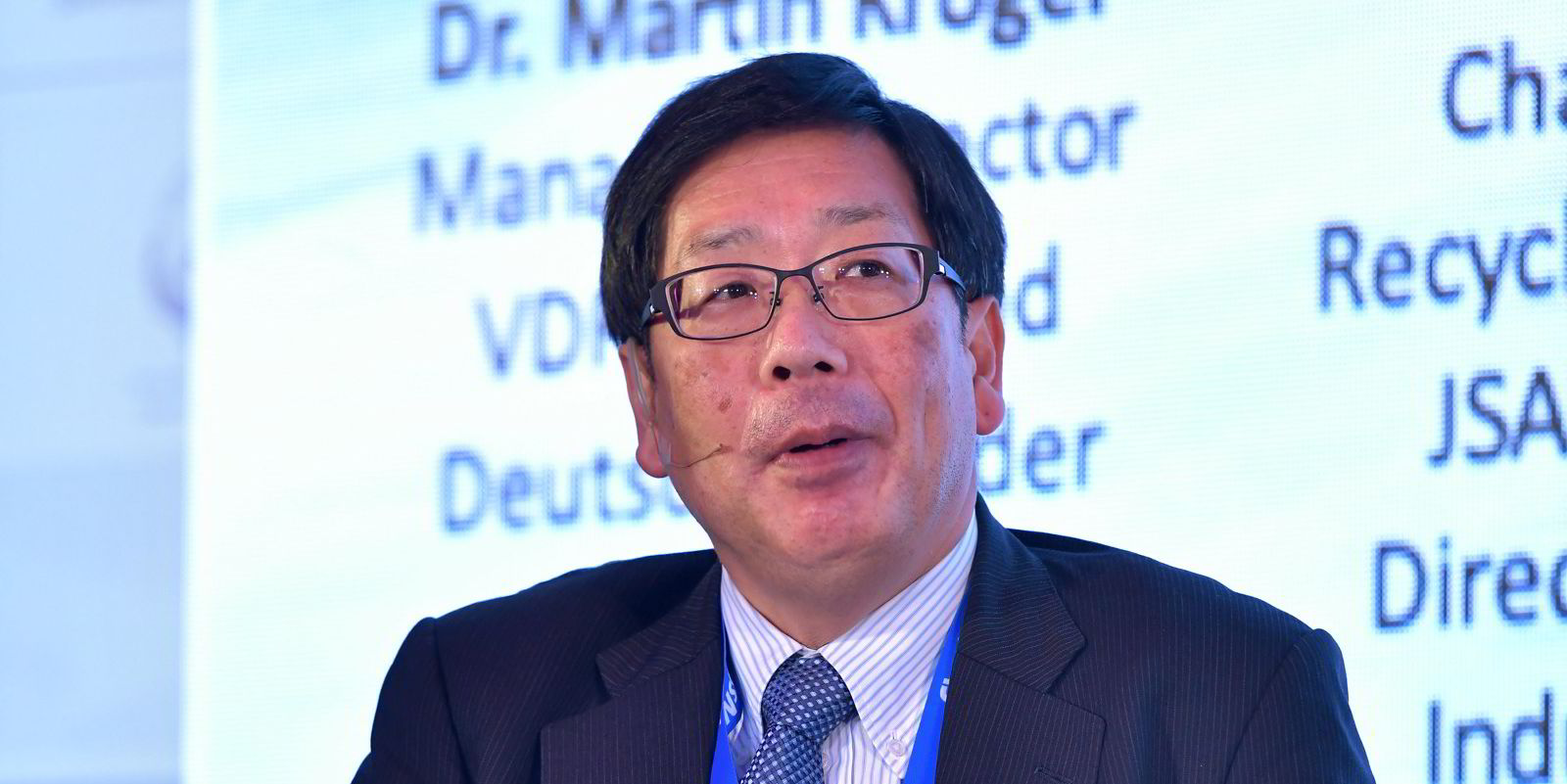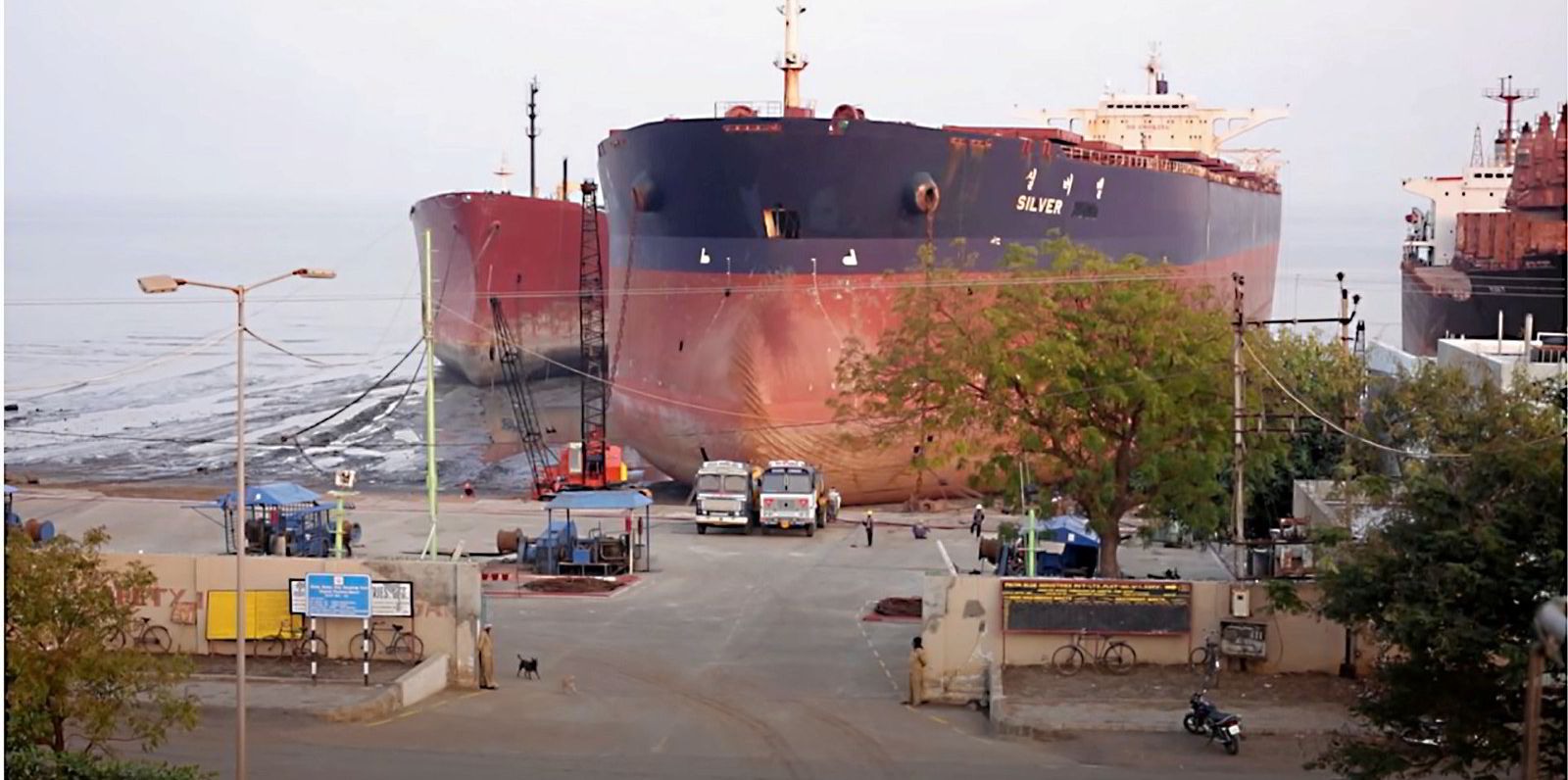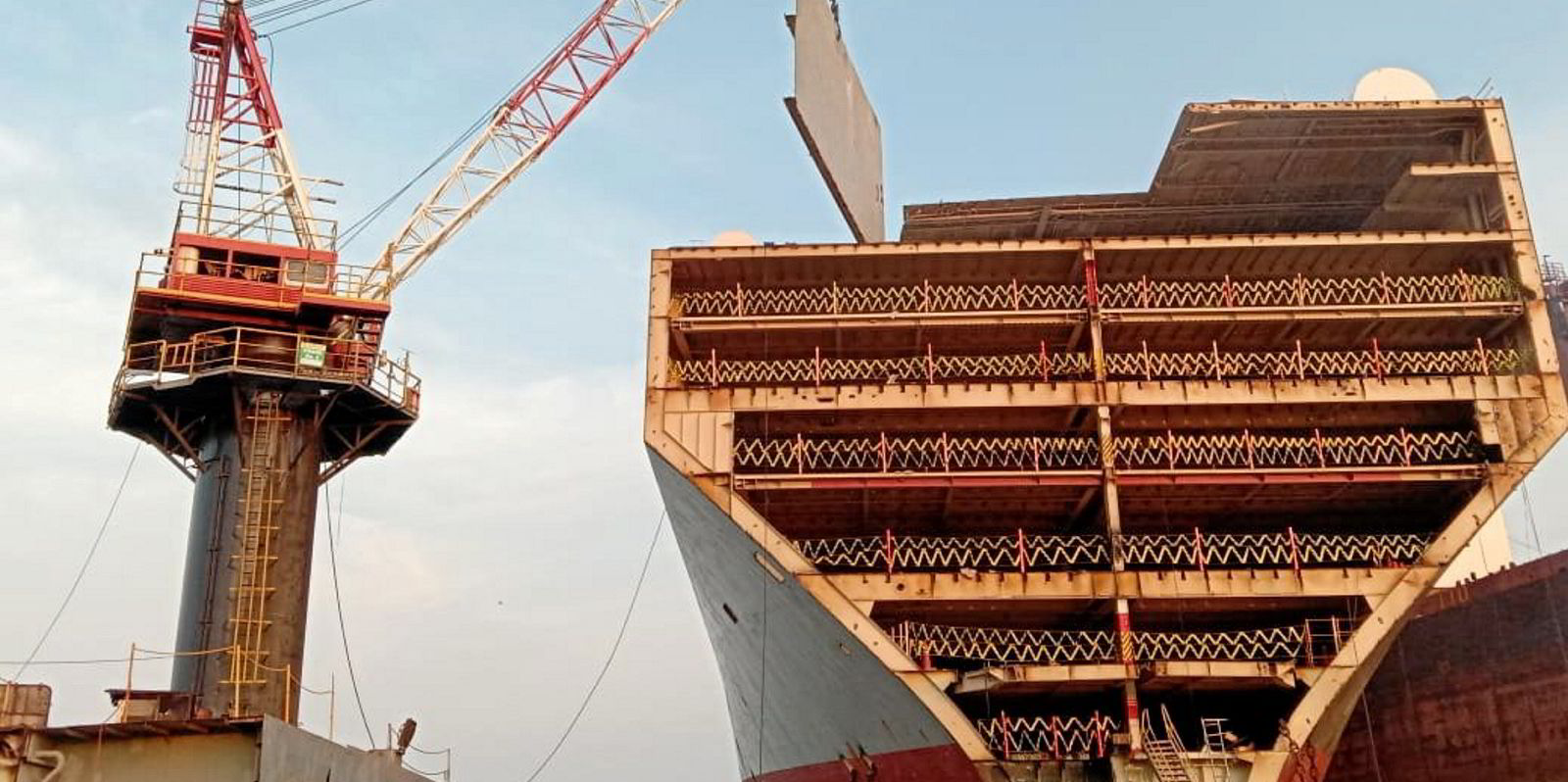Industry pundits are warning that there are still issues to resolve as the shipping industry’s first recycling convention nears its entry into force requirement.
The Hong Kong Convention for the Safe and Environmentally Sound Recycling of Ships (HKC) is expected to be ready to be mandated once Bangladesh and Liberia notify the International Maritime Organization of their ratification.
That could happen as early as next week TradeWinds is told.
Nikos Mikelis, who was closely involved in developing the HKC through the IMO, welcomed the recent progress, but said: “The job isn’t finished yet.”
He was referring to the need for governments to align the HKC with regulations such as the Basel Convention for the Transboundary of Movement of Hazardous Waste and the European Union’s Ship Recycling Regulation (SRR).
The EU’s SRR has a clause with allows its terms to be revised 18 months before the HKC enters into force which could allow for some alignment.
The HKC enters into force two years after the required number of ratifications is in place.
Under the Vienna Convention, there is also an “equivalency” clause which allows states to adopt the most recent regulation when two regulations such as the HKC and the Basel Convention clash.
But, from the environmentalist’s viewpoint the entry into force is significant because it will allow for the HKC to be revised.
The NGO’s Shipbuilding Platform’s founder Ingvild Jensen told TradeWinds: “If anything, the entry-into-force of the convention will allow for the reopening of the text. We will be calling for changes so that it meets expectations for sustainable ship recycling, labour rights and circular economy objectives.”
She believes that the standards of the HKC do not adequately address the safety and environmental issues in ship recycling.
“That shipbreaking facilities — operating from tidal mudflats and lacking capacity to contain pollutants and manage several hazardous waste streams, and where additionally systemic breaches of labour rights have been documented, and where there are no hospitals to handle emergencies in the vicinity despite terrible occupational health and safety track records — have been able to obtain so-called Statements of Compliance with the HKC says much about the weak standard that the HKC sets,” she said.

Japanese Shipowners’ Association vice president Keiji Tomoda, however, insisted that yards certified as HKC compliant are significantly raising standards.
“The effectiveness of the upgrading activities by ratified countries should not be underestimated,” he said.
“In my eight fact finding visits to Alang and three visits to Chattogram there has been a golden opportunity to indicate our points of concern together with counter actions,” he said.
“It has enabled ship recyclers to have a clear picture of what the demands of shipowners are — joint work between ship recyclers and shipowners is quite meaningful.
“The dramatic upgrading of yards and their operations will greatly contribute toward preserving the global environment,” he said.





